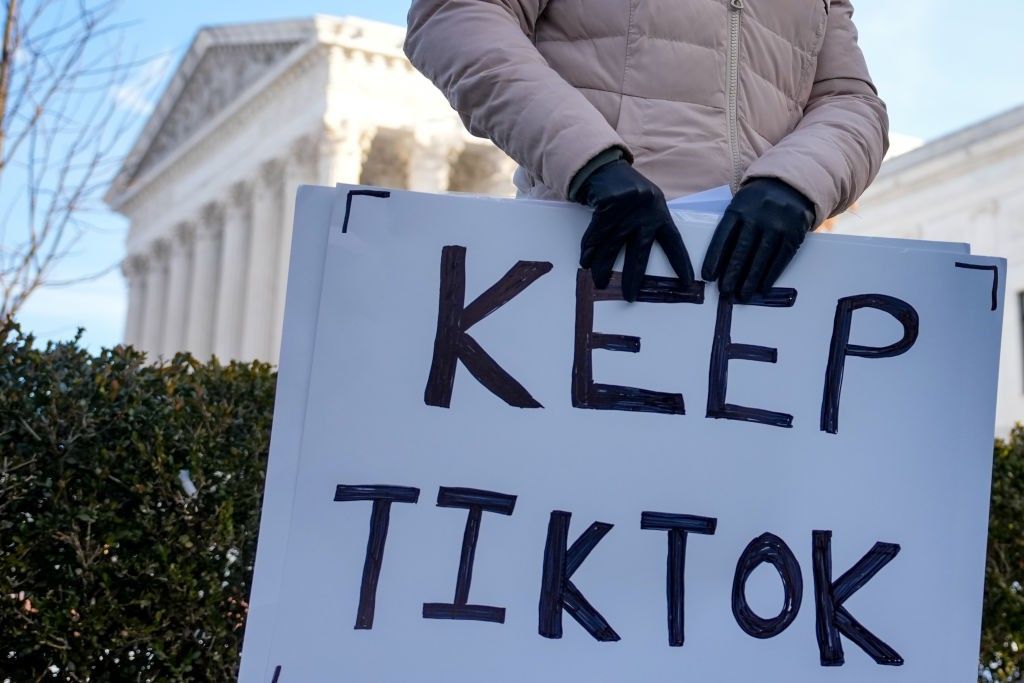Even if the African National Congress (ANC) retains its parliamentary majority by a small margin, the message of this election is still loud and clear.
Thirty years after the ANC was voted in with Nelson Mandela at the helm – effectively ending apartheid and ushering in a new era of democratic freedom for all – support for the party and its government has hit a record low.
What remains is largely held together by deep loyalty and desperate hope.
In no place is this felt more than Johannesburg’s Alexandra township, one of the oldest black townships in South Africa.
Rubbish borders the streets, shacks fill the space between one-room houses, and unemployment and regular power cuts have fuelled rampant crime.
All of this is in the shadow of the skyscrapers of Sandton, the country’s economic hub often described as “the richest square mile in Africa”.
In 2001, Thabo Mbeki, the then president, introduced the Alexandra Renewal project. An urban regeneration plan worth $300m (£236m) today that failed to materialise.
Residents believe the money was stolen and in 2019, the former opposition mayor of Johannesburg Herman Masheba called the project “a slush fund for the ANC” and “a tool for self-enrichment”.
ANC officials denied the allegations of corruption but there has been no clarity or accountability around the disappeared funds.
When I asked one Alexandra voter about the project today, she said she had not seen any renewal.
👉 Listen above then tap here to follow the Sky News Daily wherever you get your podcasts 👈
Many of her demands for change – fixed roads, consistent water and electricity supply – were meant to be addressed by the infrastructure upgrade.
With no tangible change and an expiring legacy locally, some young black people voted for one of the 51 opposition parties today. Unmoved by their elders, many of whom are staunch ANC loyalists.
Read more on South Africa’s election:
Everything you need to know
President’s rallying call
In a live interview at an Alexandra polling station, 37-year-old graphic designer Thabiso Sebata told us: “We don’t know how things are going to turn out. We are hoping that [the ANC] won’t have a majority like before but share power with another party. So that there can be a lot of accountability.”
Thirty years on, the ballot still means so much to black South Africans.
For the older generation, it is a chance to relive a moment they will never forget.
For young people, it is a way to bring about the change their elders were promised.






















Discussion about this post